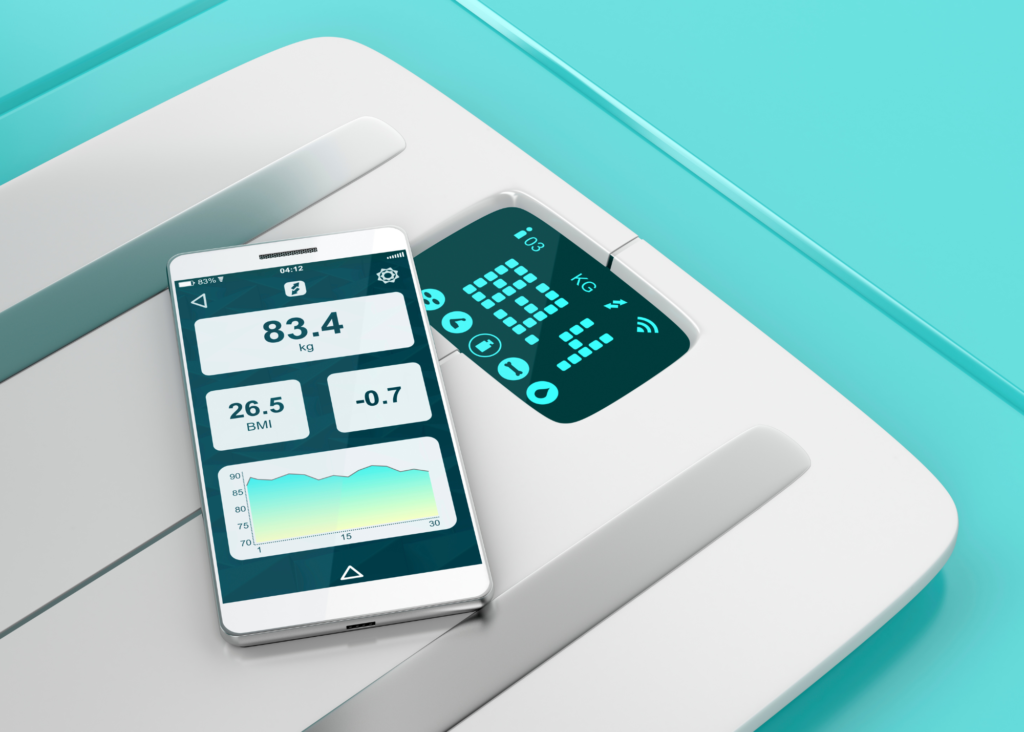No products in the cart.
The Vital Science Blog
Starting Living Your Best
- Premium Fitness Updates
- Exclusive Discounts
Body Shop: Trade Proteins for Pounds

Trade Proteins for Pounds
Dwayne N. Jackson, PhD
For athletes, the importance of a high-protein diet cannot be overstated. After all, the amino acids that makeup proteins are fundamental building blocks of lean muscle tissue as well as important signalling molecules that boost protein synthesis, fat loss, satiety (i.e., feeling of fullness after a meal), and overall health. At the end of the day, research has shown that keeping dietary protein high will indisputably aid in muscle building and recovery while keeping you lean.
Recent work published in The American Journal of Clinical Nutrition illustrates several mechanisms by which a high-protein diet maintains muscle mass while promoting fat loss. We have summarized these mechanisms in the following 5 points:
- High-protein meals produce the greatest increase in metabolic rate and thermogenesis (i.e., production of body heat). In general, dietary protein requires 20–30% of its usable energy to be burned for metabolism and/or storage, whereas carbohydrates require 5–10% and dietary fats require 0–3%. If you have ever ate a massive steak and had the “meat sweats” immediately after, then you have experienced the thermic effect of a high-protein meal!
- Meals that are protein-rich (at least 25-30g per meal) are much more satiating (satisfying/filling) than high-fat or high-carbohydrate meals. Generally, subjects on high-protein/low-calorie diets report greater satiety and overall satisfaction than those on lower-protein diets of the same caloric content. This is important because diet success is dependent on keeping food cravings to a minimum.
- High-protein diets shift the ratio between fat mass and muscle mass in favor of muscle mass. Research illustrates that high-protein diets promote greater loss of fat mass while maintaining lean (muscle) mass, even while in caloric deficit.
- Those who achieve their lean physique through high-protein diets tend to maintain fat loss better than others. This is due to positive alterations in the metabolic profile of those who eat a high-protein diet.
ACTION POINT: As outlined in this article, the generally recommended protein requirements are 1.2 to 1.6 g/kg body weight/day. However, for athletes and those who train heavily and frequently, the protein requirements are about 2x the general population. As such, we recommend a protein intake of 2.2 to 3.5 g/kg body weight/day or 1 to 1.5 g/ lb body weight/day (e.g. 200 lb man would take in 200 to 300g of protein per day). The best way to assure you get all the protein you need is to eat high-protein meals (30-40g per meal) and use a high-quality protein supplement.
Reference:
Leidy HJ, Clifton PM, Astrup A, Wycherley TP, Westerterp-Plantenga MS, Luscombe-Marsh ND, Woods SC, Mattes RD. The role of protein in weight loss and maintenance. Am J Clin Nutr. 2015 Apr 29. pii: ajcn084038. [Epub ahead of print]
Vitamin D for Immunity
Numerous studies have reported that athletes tend to be vitamin D deficient. Vitamin D is essential for calcium metabolism and absorption and is important for muscle protein synthesis and muscle growth. Furthermore, it plays an essential role in regulating inflammation and immunity.
The latest research published in the Journal of Sports Sciences examined the effect of 14 weeks of vitamin D3 supplementation (5000 IU/day) on immunity against bacterial oral and respiratory infections in athletes. They found that 14 weeks of vitamin D3 supplementation during heavy winter training significantly elevated important antimicrobial peptides and proteins—which are essential immune system defenders against oral and respiratory infections.
ACTION POINT: Heavy training is associated with increased respiratory infection risk, especially in winter months. This latest study suggests that keeping your vitamin D levels topped up can provide immune system protection and improve resistance to respiratory infections— this means you can spend more time in the gym and less time sick in bed. In order to reap all of the benefits of this remarkable micronutrient, we suggest taking 5000 IU of vitamin D3 per day with breakfast.
Reference:
He CS, Fraser WD, Tang J, Brown K, Renwick S, Rudland-Thomas J, Teah J, Tanqueray E, Gleeson M. The effect of 14 weeks of vitamin D3 supplementation on antimicrobial peptides and proteins in athletes. J Sports Sci. 2015 Apr 10:1-8. [Epub ahead of print]
Spice Up Your Training!
Curcumin is commonly found in turmeric and curry-based foods, but has recently been recently under the experimental spotlight as an anti-inflammatory and pain-relieving supplement. Based on this, researchers from University of Tsukuba (Japan) hypothesized that curcumin ingestion would decrease muscle damage after heavy eccentric exercise. In this placebo-controlled trial, published in the European Journal of Applied Physiology, it was found that men who took curcumin (150mg) before and 12-h after heavy eccentric arm exercise had about 50% greater strength recovery (4 days after exercise) and an over 50% decrease in creatine kinase levels (an enzyme maker for muscle damage).
ACTION POINT: These data illustrate that curcumin supplementation reduces muscle damage and boosts recovery after training. Based on this, curcumin would be a valuable supplement for athletes who compete multiple times per week or for those who have several back-to-back sports events or training sessions. We recommend taking 150–600 milligrams of turmeric, standardized to >95% curcuminoids, twice daily with food. On training days, take with pre and post-workout meals.
Reference:
Tanabe Y, Maeda S, Akazawa N, Zempo-Miyaki A, Choi Y, Ra SG, Imaizumi A, Otsuka Y, Nosaka K. Attenuation of indirect markers of eccentric exercise-induced muscle damage by curcumin. Eur J Appl Physiol. 2015 Apr 29. [Epub ahead of print]
SHARE THIS POST:
Coaching Subscriptions packages
Starting Living Your Best
- Premium Fitness Updates
- Exclusive Discounts
If you’re interested in staying fit, eating healthy, and living a healthier life, then you should join my newsletter! I’ll be sending out regular updates on fitness nutrition and health, so you can stay informed and make the most of your health.
